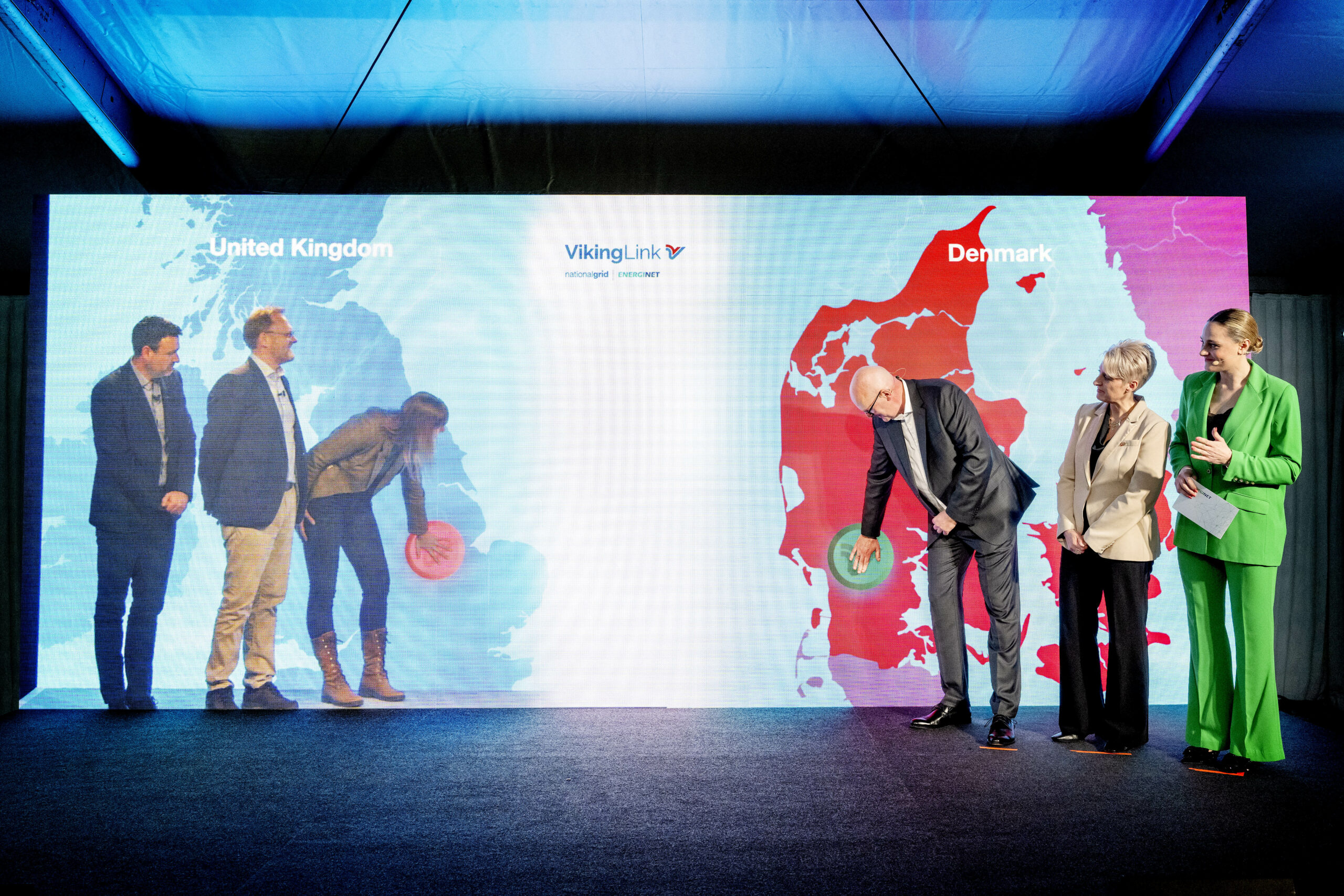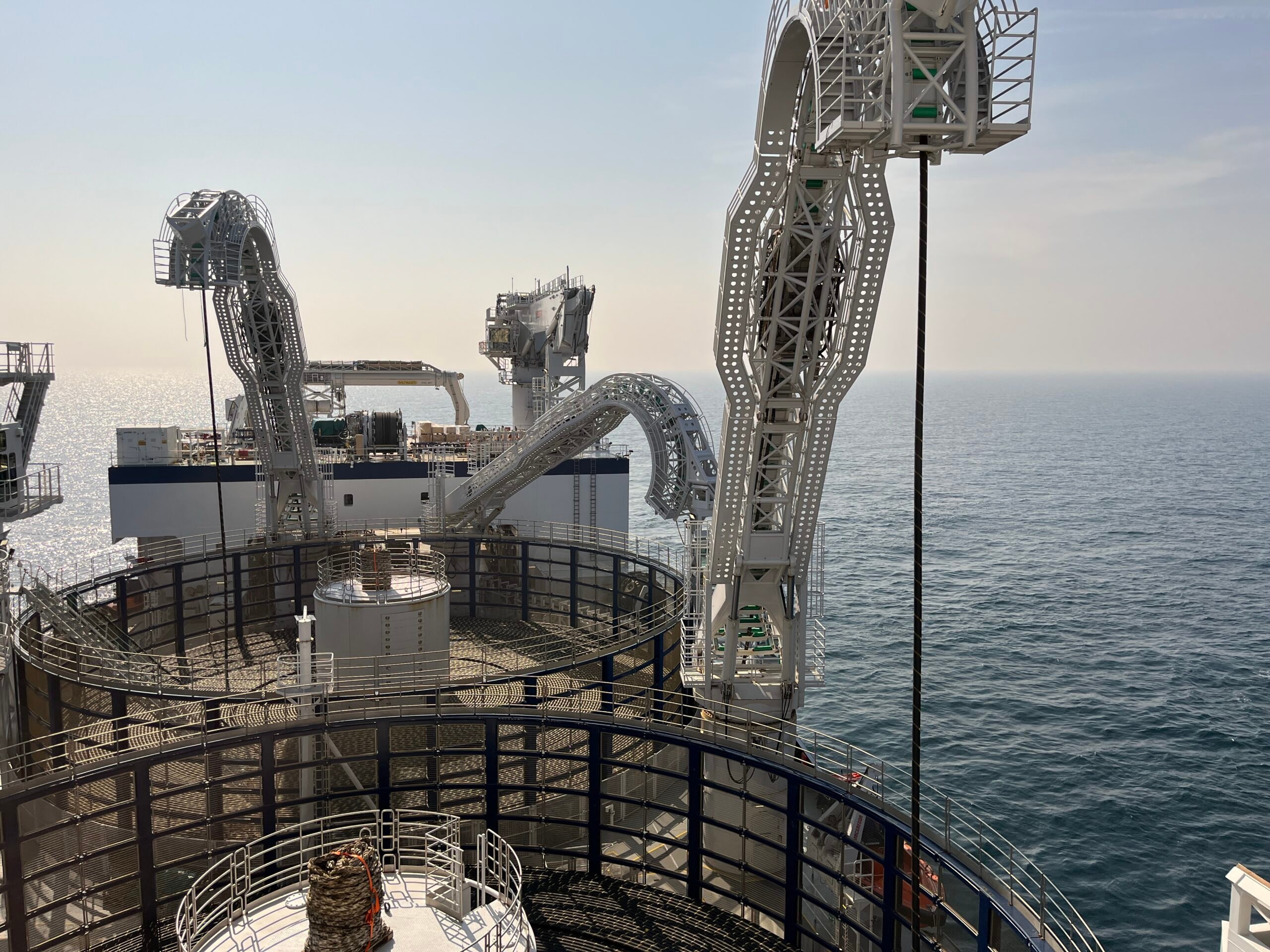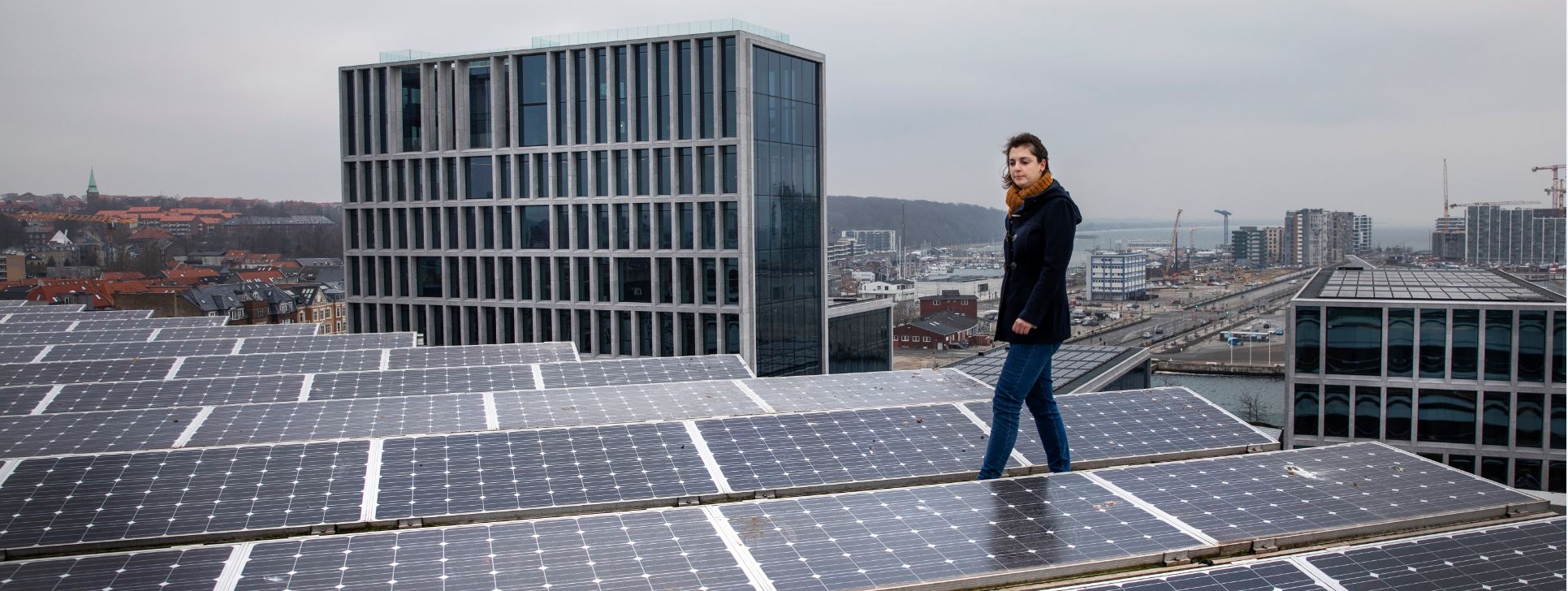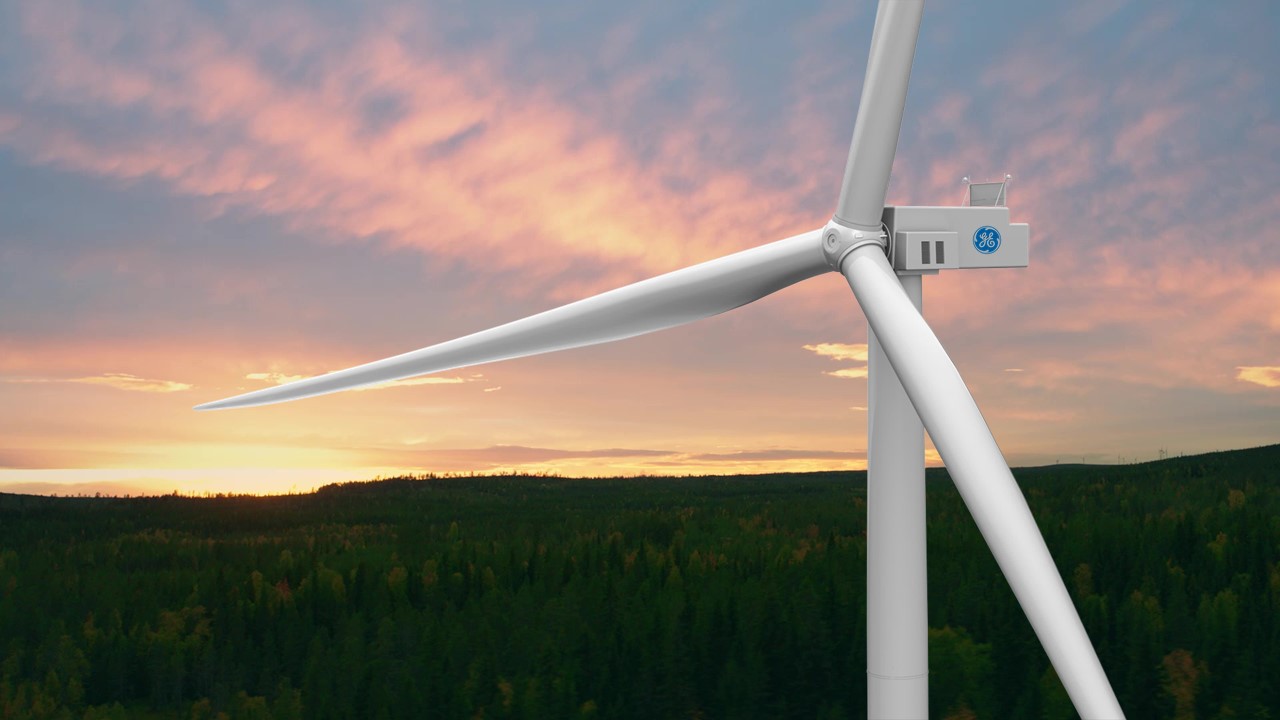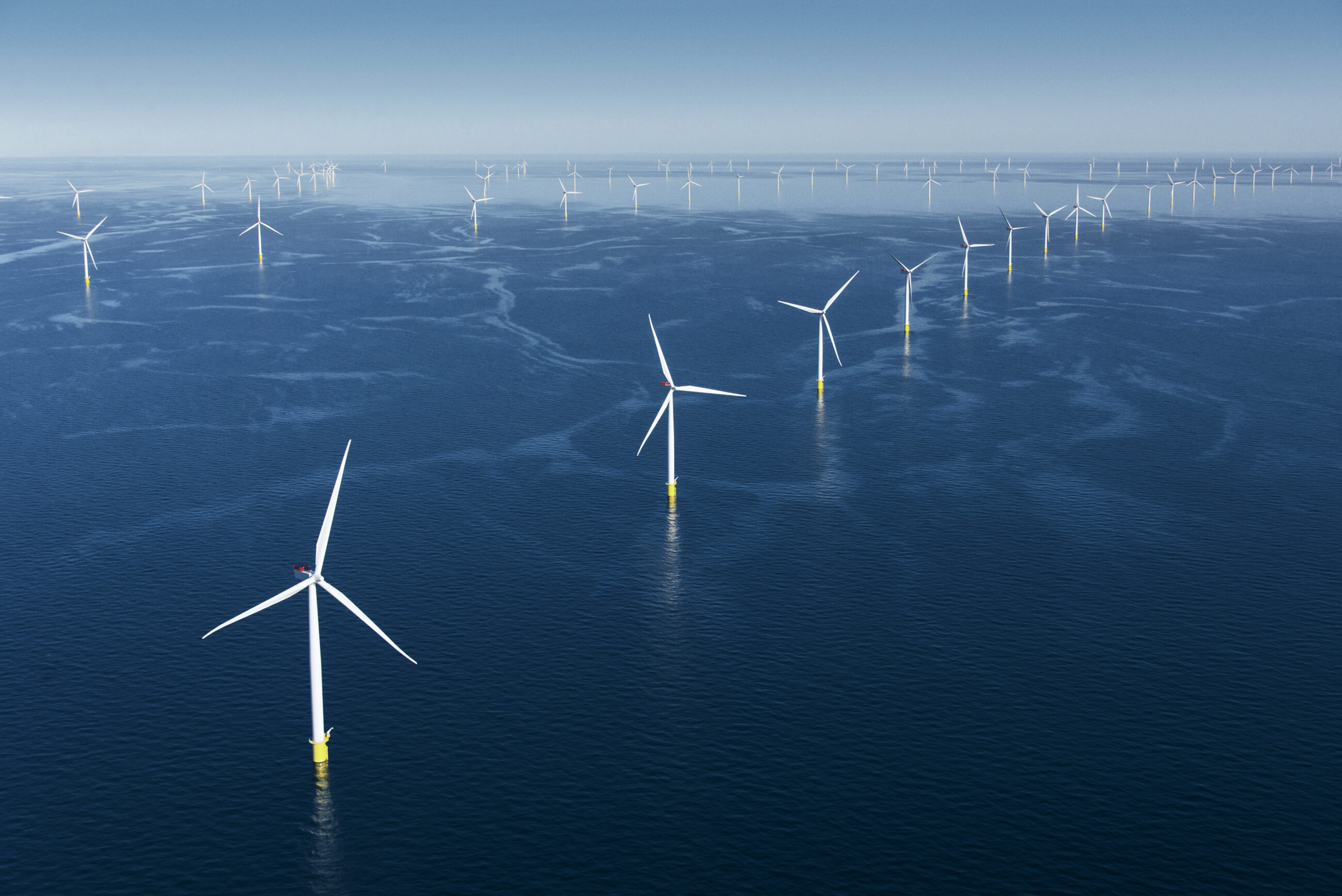News
Solar energy
Solar thermal energy
Wind energy
+1
Danish research will ensure local development from green energy projects


Supported by Danida, a new Danish research project will examine the impacts of investing in large-scale green energy projects on local development.
The price of green energy has decreased so rapidly in South Africa that it is now competitive with coal power plants. At the same time, the state has made some drastic changes to how wind energy is purchased in order to encourage more focus on the development of local industry and communities.
-The price of renewable energy in South Africa has decreased steadily, but we are still not certain of the impacts of these enormous investments seen from a development perspective, says senior researcher at UNEP DTU Partnership Ivan Nygaard on the background for the project.
UNEP DTU Partnership is a collaboration between the United Nations Environmental Programme, the Technical University of Denmark and the Ministry of Foreign Affairs of Denmark. It is in charge of the project along with Danish Institute for International Studies (DIIS) and partners in Denmark and South Africa.
Green projects in trouble
Mikkel Funder, senior researcher at DIIS, is among the Danish researchers working on the project. He highlights the importance of researching how to build large wind and solar cell parks in a way that benefits both the public, the climate and the private producers and investors.
-As renewable energy gains ground we can see that a growing number of otherwise excellent green energy projects face serious conflicts or have negative implications for local development because the projects do not benefit local communities, says Mikkel Funder.
The research project Tendering Sustainable Energy Transitions therefore wants to take a closer look at how the private sector cooperates with local populations and councils in connection to wind energy production in South Africa.
The hope is that the Danish-led research can contribute to an increased awareness of how to carry out the transition to renewable energy in developing countries in a way that shows consideration for local development and industries.
-Related news: IUG Installs Off-Grid Solar Panels in Sierra Leone
Renewable energy that benefits everyone
Over the last couple of years, large wind and solar cell projects have spread on the African continent. But the increase in renewable energy on a continent where millions lack access to electricity has been criticised for not benefitting the local populations sufficiently.
In South Africa, the production of renewable energy has been outsourced to private suppliers through the REIPPPP programme (Renewable Energy Independent Power Producers Procurement Programme). The programme evaluates potential projects not only with regards to price competitiveness, but also considers their contribution to local development. The latter includes both industrial development and job creation, but also socioeconomic development projects related to education, health and infrastructure.
So far, more than 4,000 MW renewable energy has been installed across 102 projects under REIPPPP for a total investment of USD 15 billion. In comparison, Ivan Nygaard mentions that the wind power production in Denmark has a combined capacity of 5,000 MW.
Through REIPPPP, the price of renewable energy has reached a level close to that of coal-generated electricity. While the programme has had a well-documented effect on reducing the amount of coal used in the energy supply, the development impacts resulting from new interactions between investors, industry, society and the government are not entirely clear.
An analysis of these conditions could be useful for other countries heading towards more sustainable energy both in Sub-saharan Africa and globally.
According to Mikkel Funder, it is in the decision-making processes that large energy projects often go awry:
-Therefore it is important to learn from the South African experience with the REIPPPP programme and to find out which collaboration models work best. In terms of research, it is also important to understand how new forums and decision-making processes develop around the renewable energy sources as they gain ground, he adds.
-Related news: Ethiopia Increases its Efforts in the Area of Wind Power
Future production of renewable energy
Danida has decided to fund the research project through the Fund for Development Research. Together with DTU System Analysis, DTU Wind Systems and Stellenbosch University and University of Cape Town in South Africa, UNEP DTU Partnership and DIIS will examine the market based development of green energy and how local development can be prioritised and secured in tender schemes.
Public institutions, international technology suppliers, industry experts, universities, municipalities, NGOs and local community groups will be involved in the research and Ivan Nygaard believes that the result could not only expand the already existing Danish expertise within the field, but also contribute to the creation of better purchase schemes for renewable energy.
-The result of our research will provide a valuable insight that can be used for academic purposes and by political decicion makers in Africa and the rest of the world. Especially when it comes to designing the framework conditions for the distribution of renewable energy that can create jobs and local industry development in Africa, says Mikkel Funder.
-Source: Energy Supply DK
